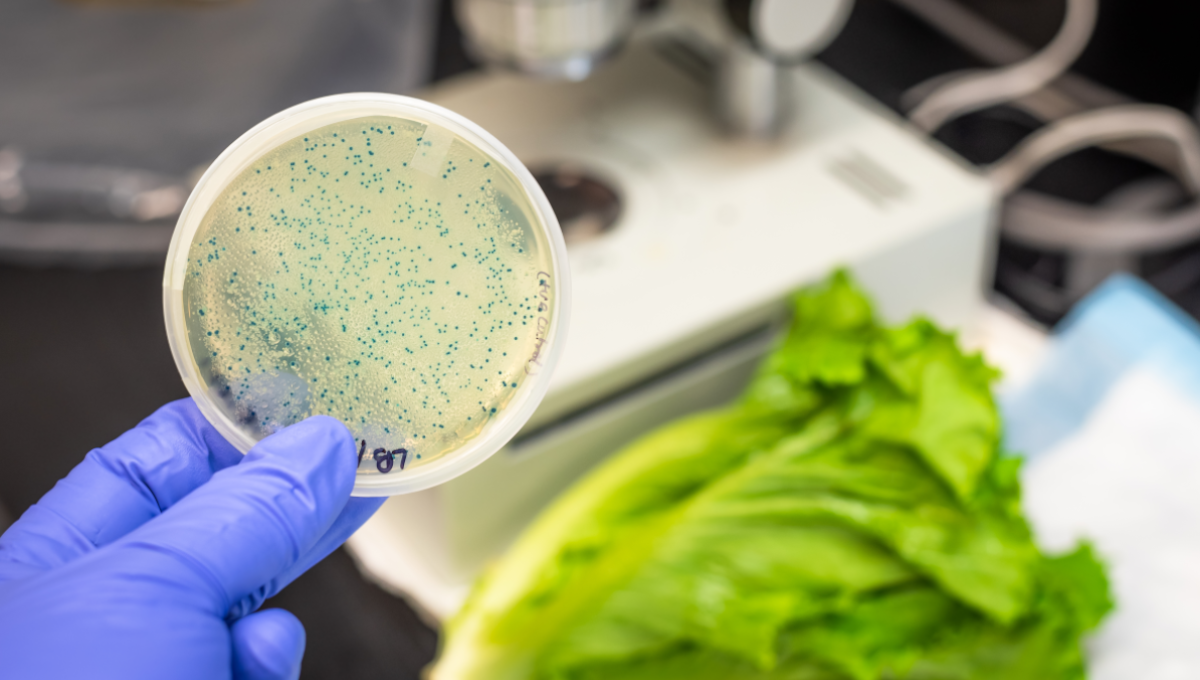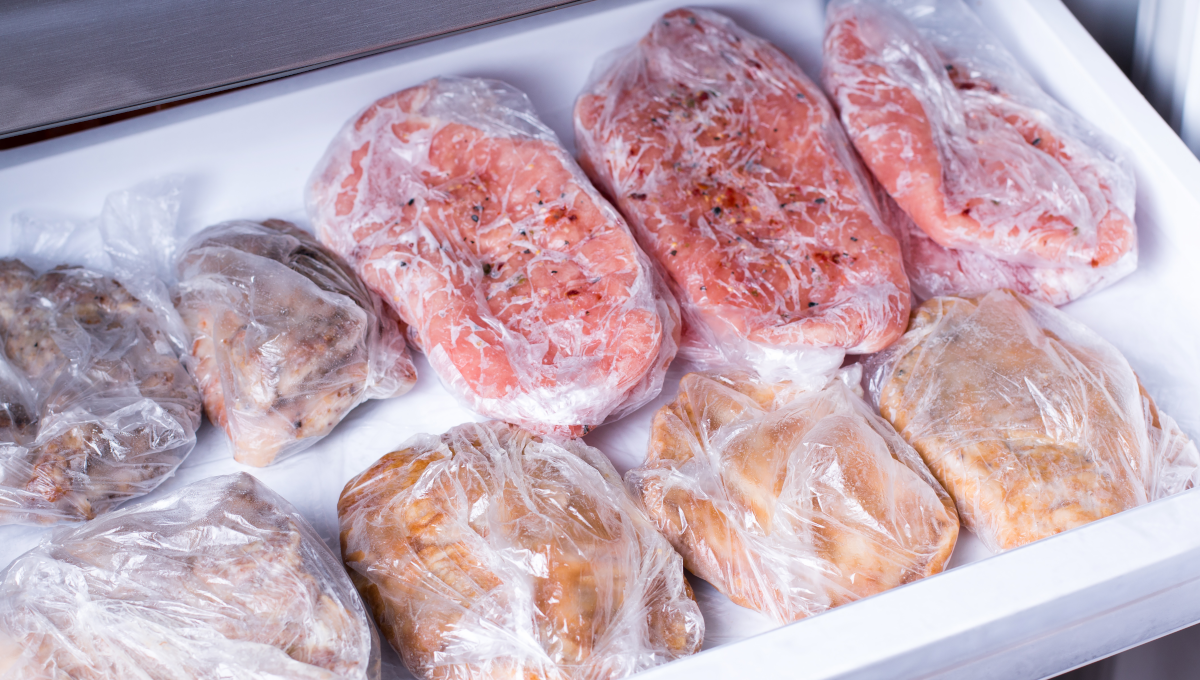— COMMENTARY —
By Davis W. Cheng, Ph. D.
The terms “Contagious Disease,” “Infectious Disease,” and “Communicable Disease” are related concepts and often used interchangeably, but there are distinctions in their meanings and subtle differences
Continue Reading Foodborne diseases: Contagious, infectious, or communicable?









